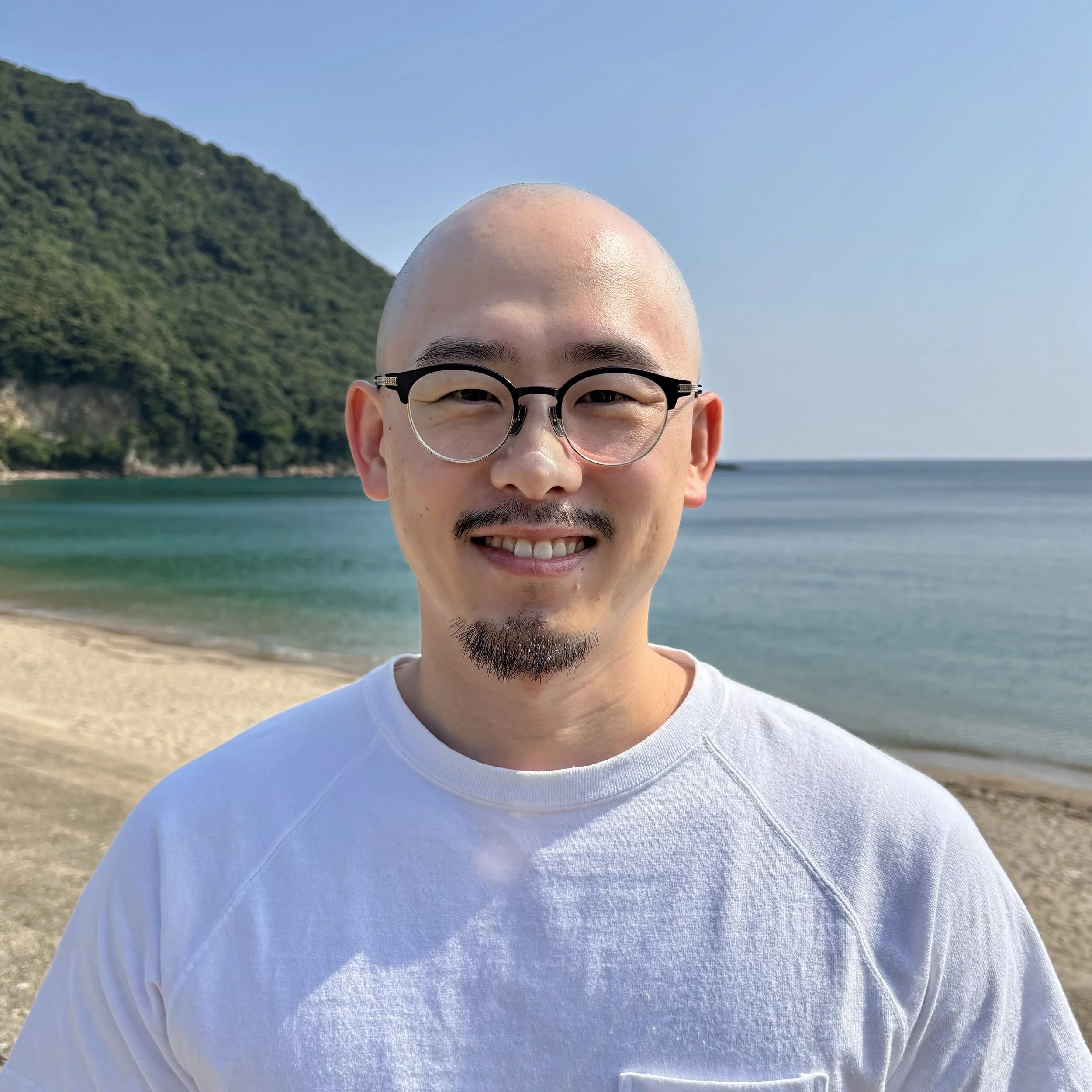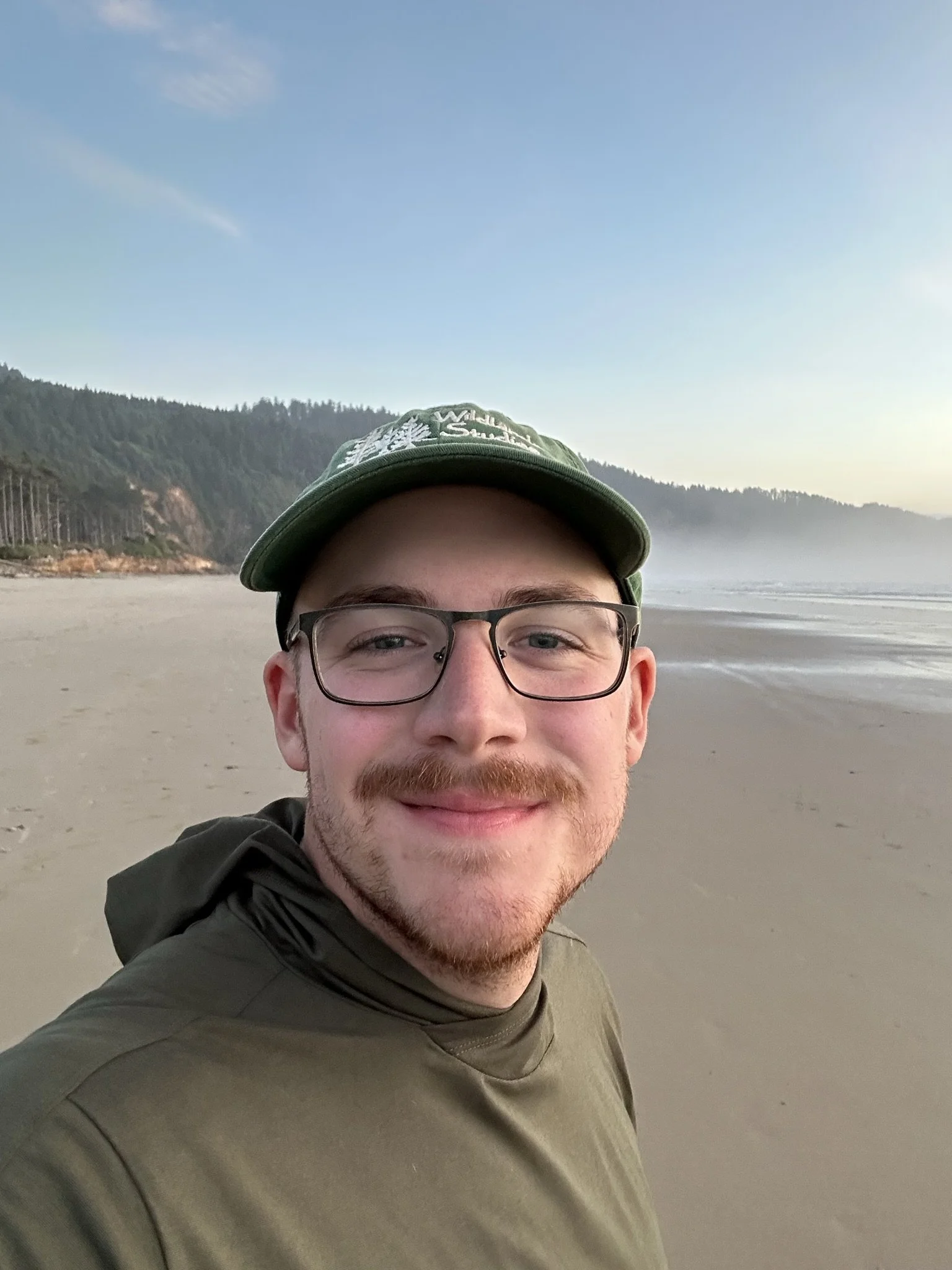Our Faculty
Wildlands Studies faculty are experienced field researchers, educators, and environmental scientists from around the world. Each lead instructor holds either a PhD or MS degree and brings years of hands-on experience in research, conservation, and field-based education. Our instructors meet the faculty hiring standards of Western Washington University and are qualified to teach upper-division university coursework. Many are college professors or independent researchers with a shared goal: to immerse students in real-world environmental issues and foster a deeper understanding of the natural world. In addition to academic expertise, our faculty are also seasoned backcountry guides. All instructors are certified in First Aid and CPR, and many hold Wilderness First Responder certification. Each program has a minimum of two program leaders, and often more. Teams typically include a Lead Instructor, along with a second instructor, a logistics coordinator, and/or a teaching assistant. Our faculty are united by their commitment to conservation, field-based learning, and student mentorship. Read on to learn more about the people leading our programs—and the knowledge, perspective, and passion they bring to the field.






















